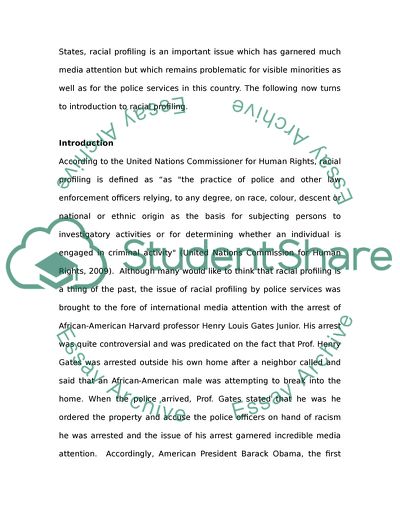Cite this document
(“Racial Profiling Essay Example | Topics and Well Written Essays - 3000 words”, n.d.)
Retrieved from https://studentshare.org/miscellaneous/1559523-racial-profiling
Retrieved from https://studentshare.org/miscellaneous/1559523-racial-profiling
(Racial Profiling Essay Example | Topics and Well Written Essays - 3000 Words)
https://studentshare.org/miscellaneous/1559523-racial-profiling.
https://studentshare.org/miscellaneous/1559523-racial-profiling.
“Racial Profiling Essay Example | Topics and Well Written Essays - 3000 Words”, n.d. https://studentshare.org/miscellaneous/1559523-racial-profiling.


